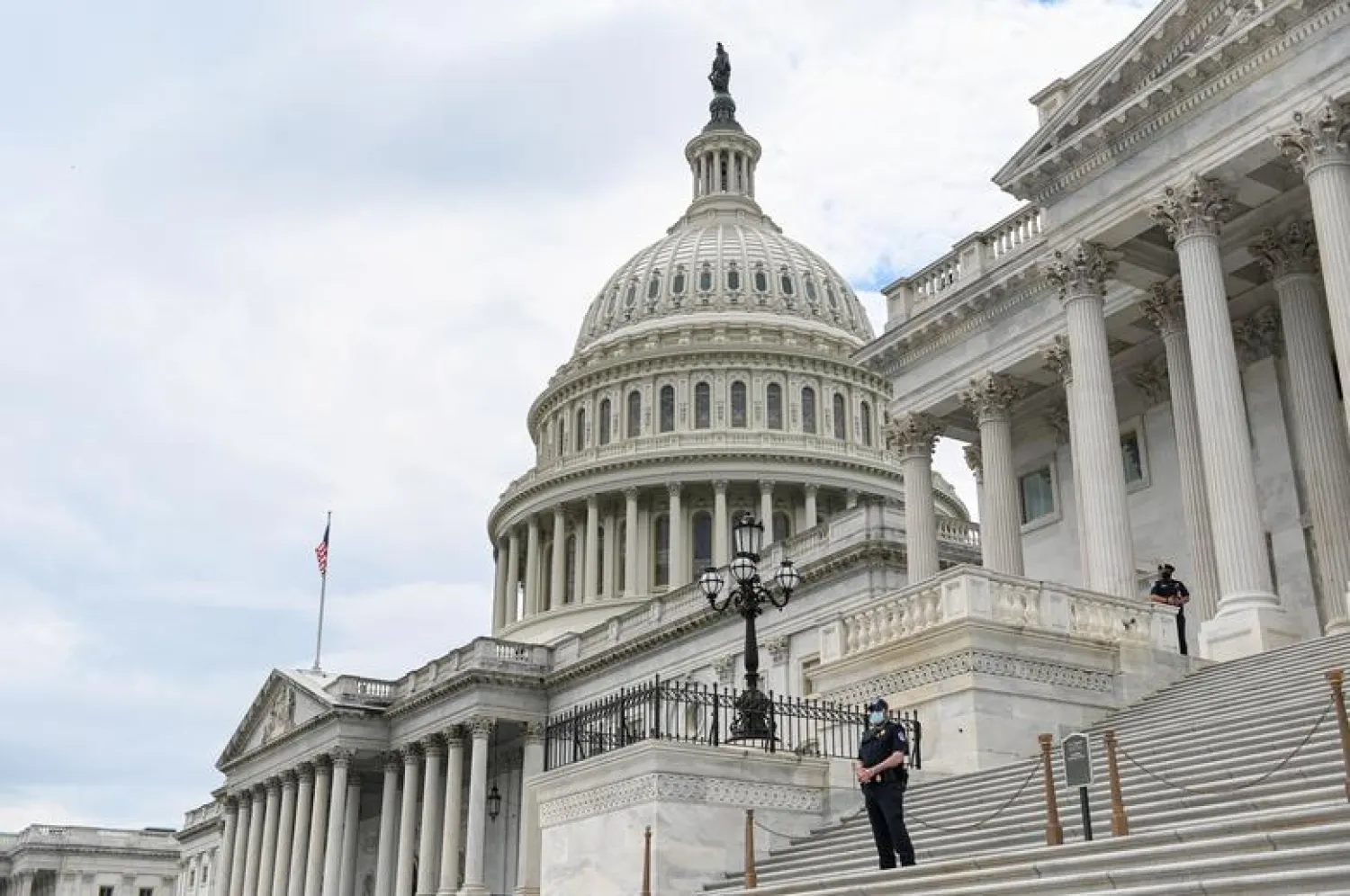US reports revealed that the US administration was considering imposing new sanctions on entities linked to Iran, for encouraging attacks on writer Salman Rushdie, who was stabbed last month during an event in New York.
Rushdie spent years under police protection after the first Iranian leader, Khomeini, issued a fatwa in 1989 calling for his execution because of his 1988 book, “The Satanic Verses.”
The author was stabbed severally by Hadi Matar, an American citizen of Lebanese origin, prior to a lecture at the Institute Chautauqua, New York, on Aug. 12. The suspected attacker had expressed “respect” to Khomeini, but denied reports of sympathy for Iran’s Revolutionary Guards.
According to an article published by The Wall Street Journal (WSJ), the sanctions under consideration include restricting the access of these Iran-affiliated entities to the global financial system.
The report added that US officials considered elements of the Iranian regime liable because of their support for the fatwa, or Islamic edict, issued by Khomeini in 1989, demanding Rushdie’s death over “The Satanic Verses.”
No decision has been made on whether the sanctions would target the 15th Khordad Foundation in Iran, a charitable organization operating under the supervision of the Office of the Supreme Leader.
The Foundation put a bounty of about $2.5 million on Rushdie’s head in 1997, raising it to $2.8 million in late 1998 and then again to $3.3 million in 2012. The organization has been silent since the author was attacked this summer, the WSJ reported.
Iranian media organizations, including the semi official Fars news agency, have also publicly pledged to contribute to the bounty. In 2016, 40 Iranian state-run news outlets added $600,000 to the bounty for the killing of Rushdie. That amount included the equivalent of $30,000 from Fars, which published a list of the news outlets.
According to the newspaper, US sanctions would complicate the international dealings of the relevant organizations, from receiving donations to sending funds and investing abroad.
Meanwhile, bipartisan US lawmakers announced that they would introduce legislation Thursday that would solidify US sanctions against Iran in order to apply pressure to the regime as it attempts to obtain nuclear weapons, Fox News reported.
The lawmakers said that the legislation, titled the Solidify Iran Sanctions Act (SISA), would create a necessary deterrent by targeting the country’s energy sector and making it more difficult to finance terrorist operations or develop ballistic missiles.
Fox News quoted Rep. Michelle Steel, who is leading the bill, as saying: “From brutal abuses committed against its own people, to its never-ending threats towards free and democratic societies, the Iranian regime has proven time and again that they are a rogue state with no interest in preserving regional or global peace.”
She added: “It is more important than ever that we prevent the unacceptable threat of a nuclear Iran from becoming a reality. Existing sanctions have proven successful in preventing such a catastrophe, and we must ensure that we can continue to place economic and strategic pressures on Iran to prevent them from developing nuclear weapons or supporting terrorists.”









